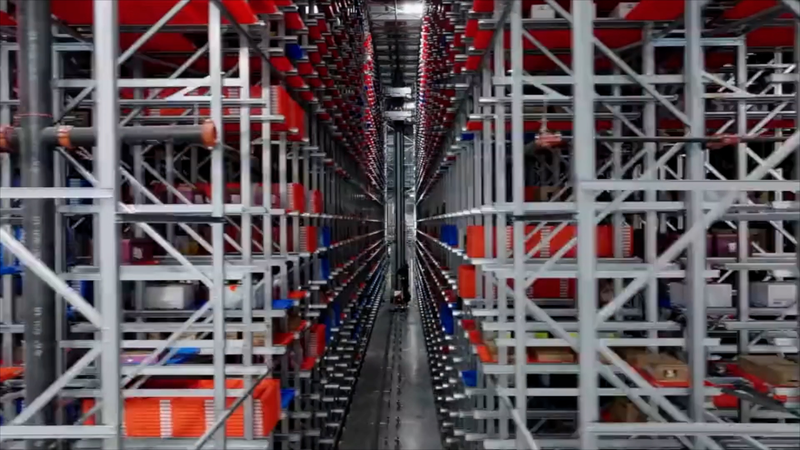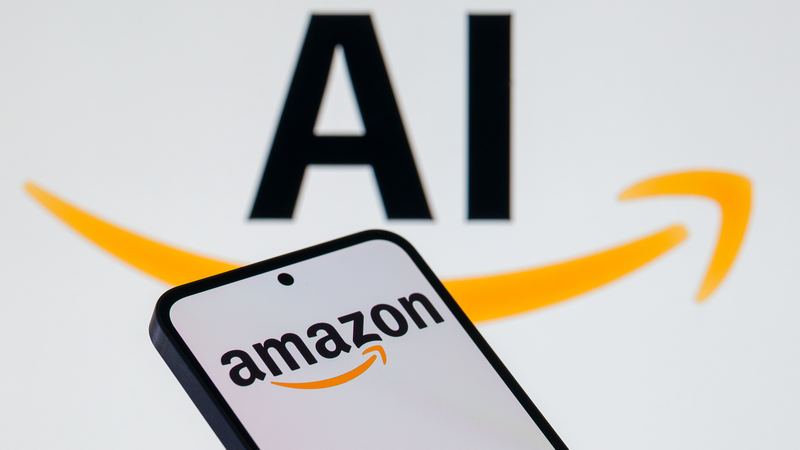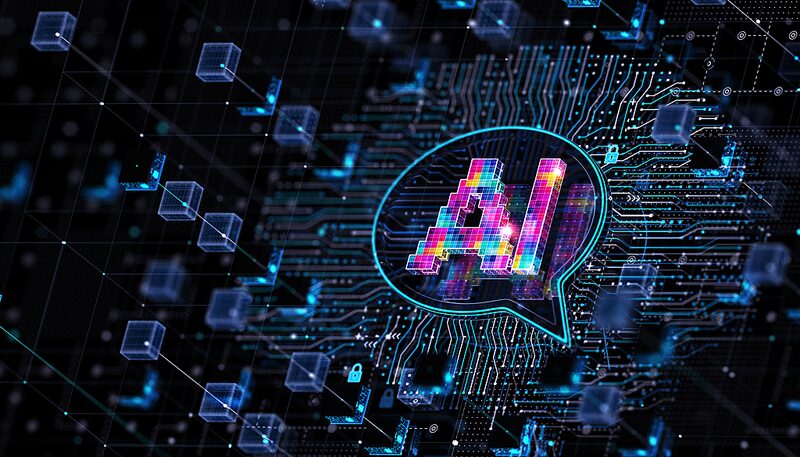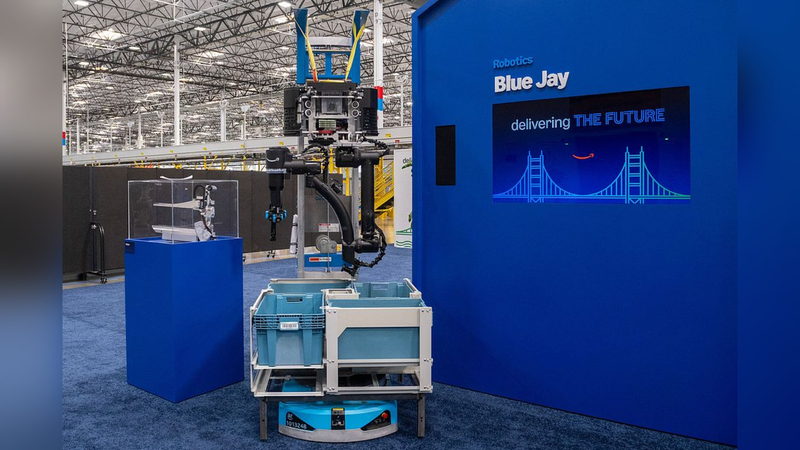From Amazon warehouses to Walmart supply chains, artificial intelligence is rapidly altering the U.S. employment landscape, sparking debates about its long-term societal impact. While investors celebrate rising profits from streamlined operations and reduced labor costs, workers face growing uncertainty as roles evolve or disappear entirely.
Analysts note AI adoption has accelerated since 2023, with automation handling tasks ranging from inventory management to customer service. “This isn’t just about replacing jobs—it’s redefining what work means,” said labor economist Owen Fairclough. “The challenge lies in ensuring workforce adaptation keeps pace with technological change.”
Policymakers now confront urgent questions about retraining programs, social safety nets, and corporate accountability. Meanwhile, Asian markets watch closely as U.S. developments could influence global AI integration strategies and cross-border investment patterns.
For business leaders, the transformation presents both risks and opportunities. “Companies leveraging AI effectively are seeing 20-30% efficiency gains,” noted a tech industry report, “but sustainable growth requires balancing automation with human capital development.”
As the debate intensifies, stakeholders worldwide await solutions that could shape economic stability and workforce dynamics for decades.
Reference(s):
cgtn.com








